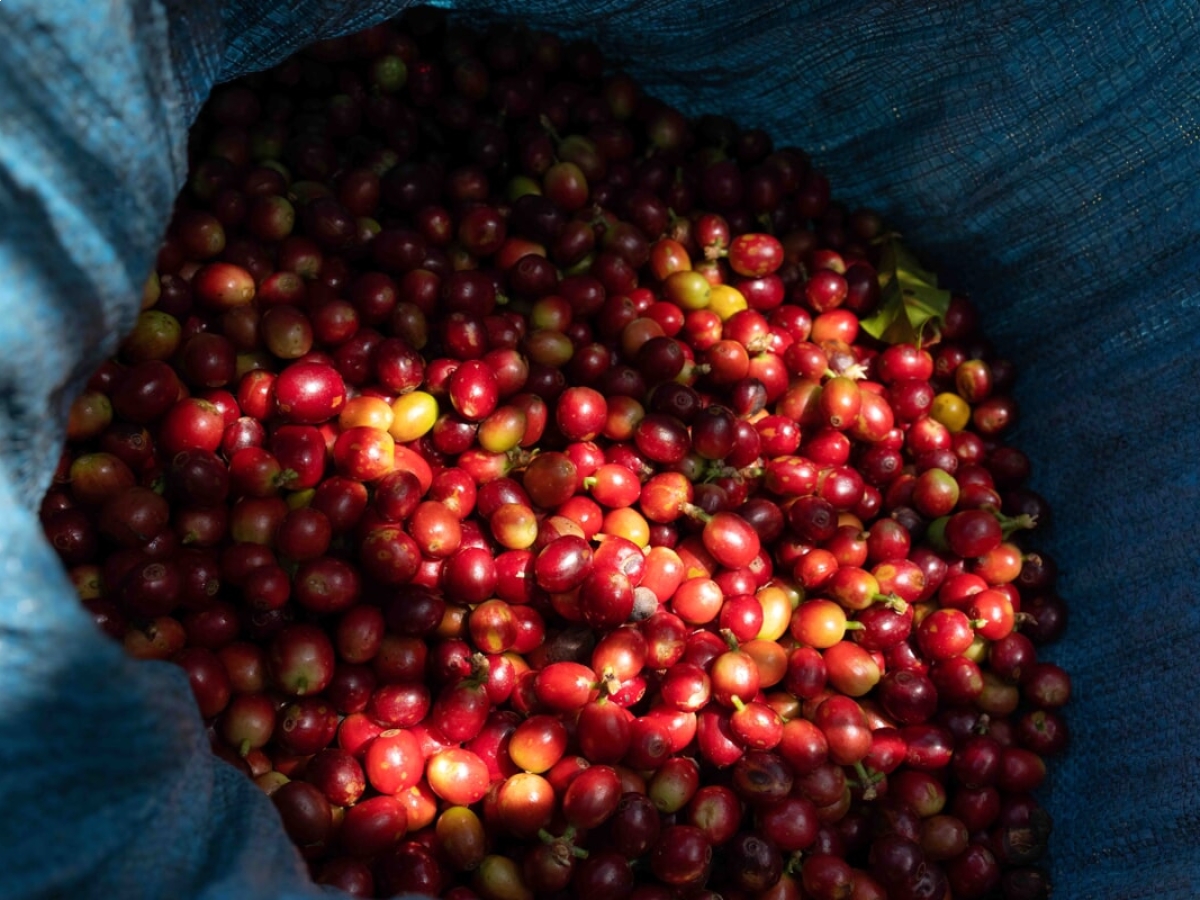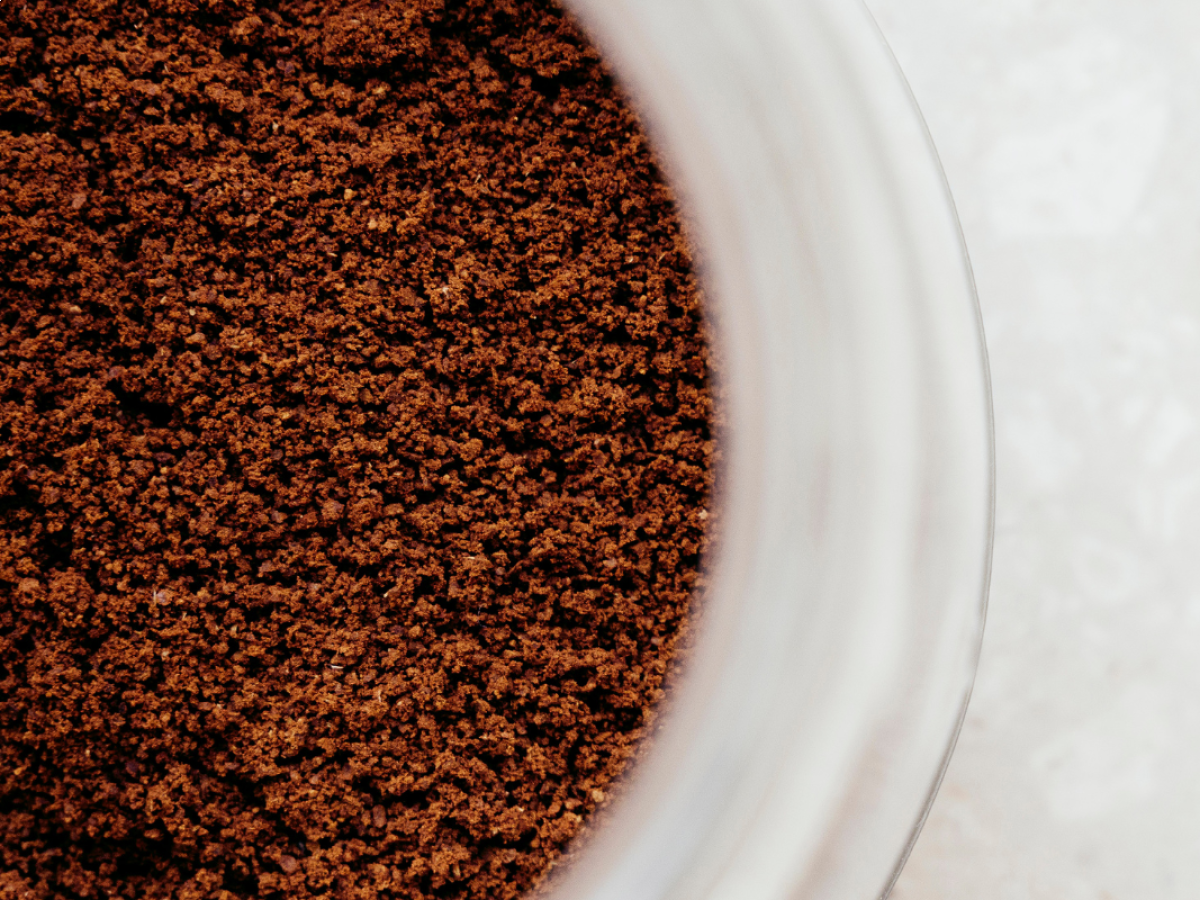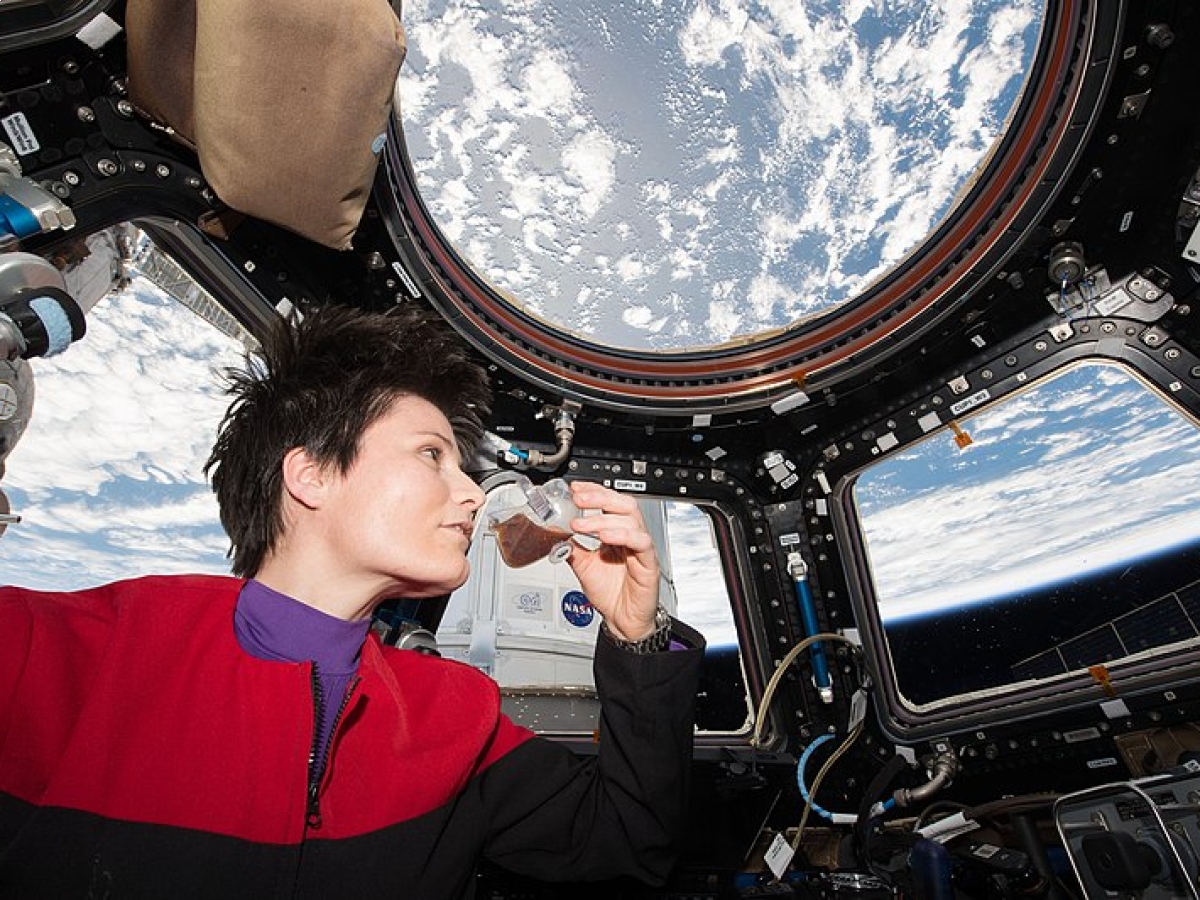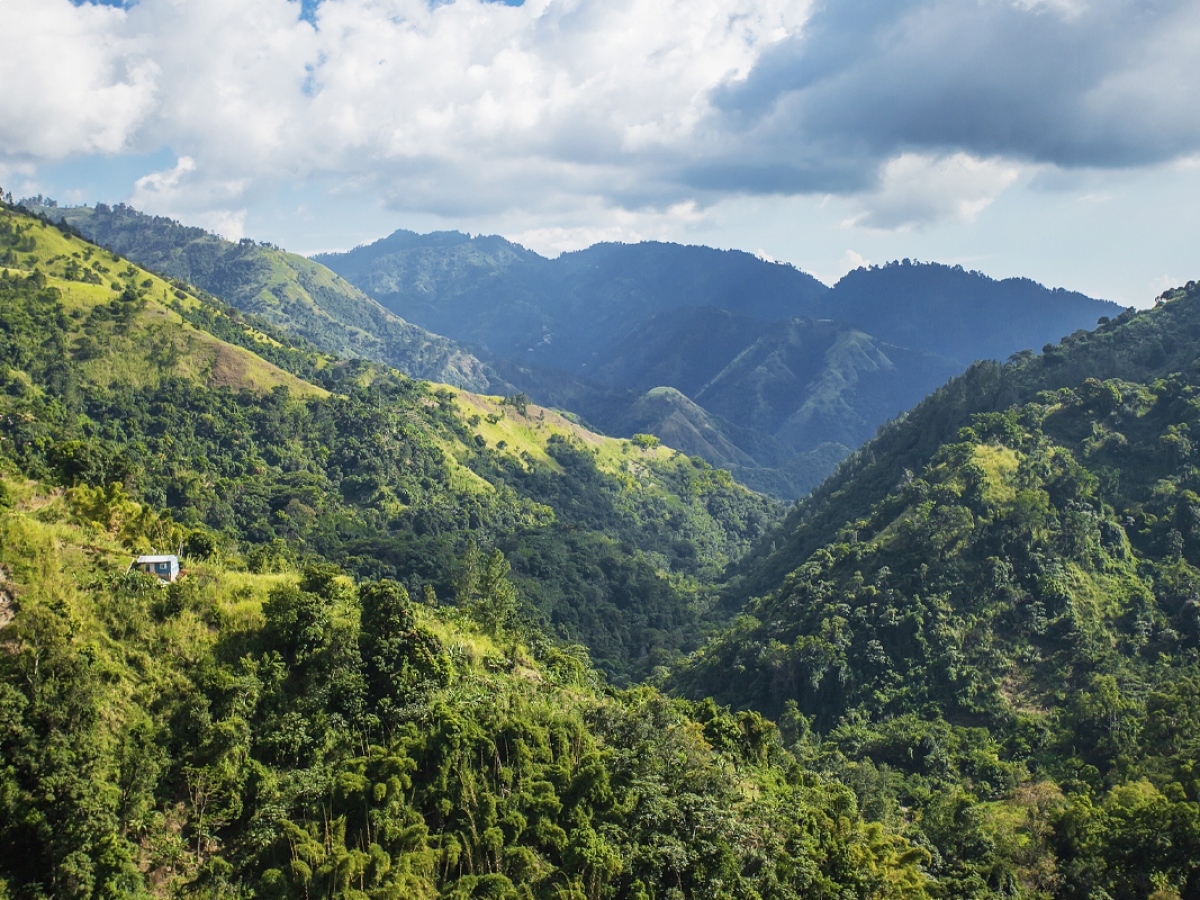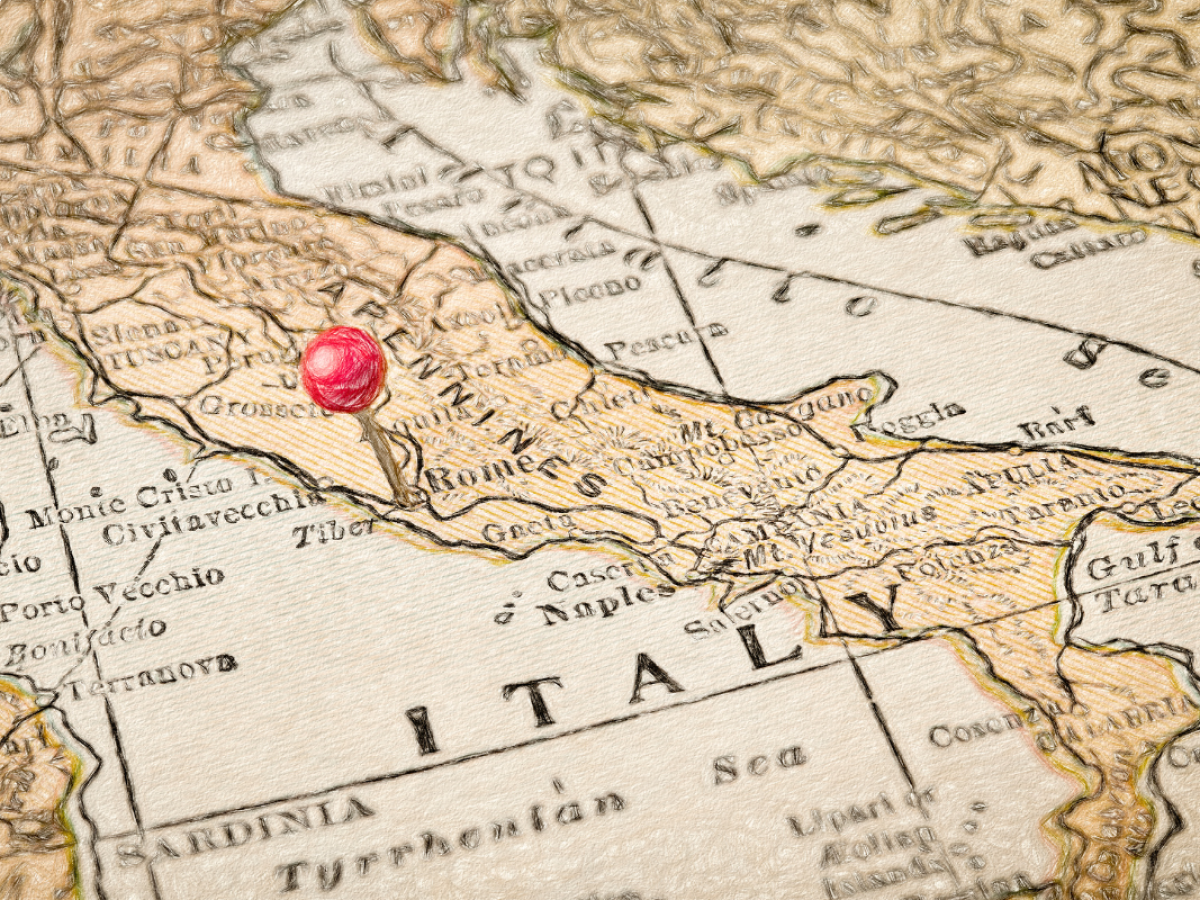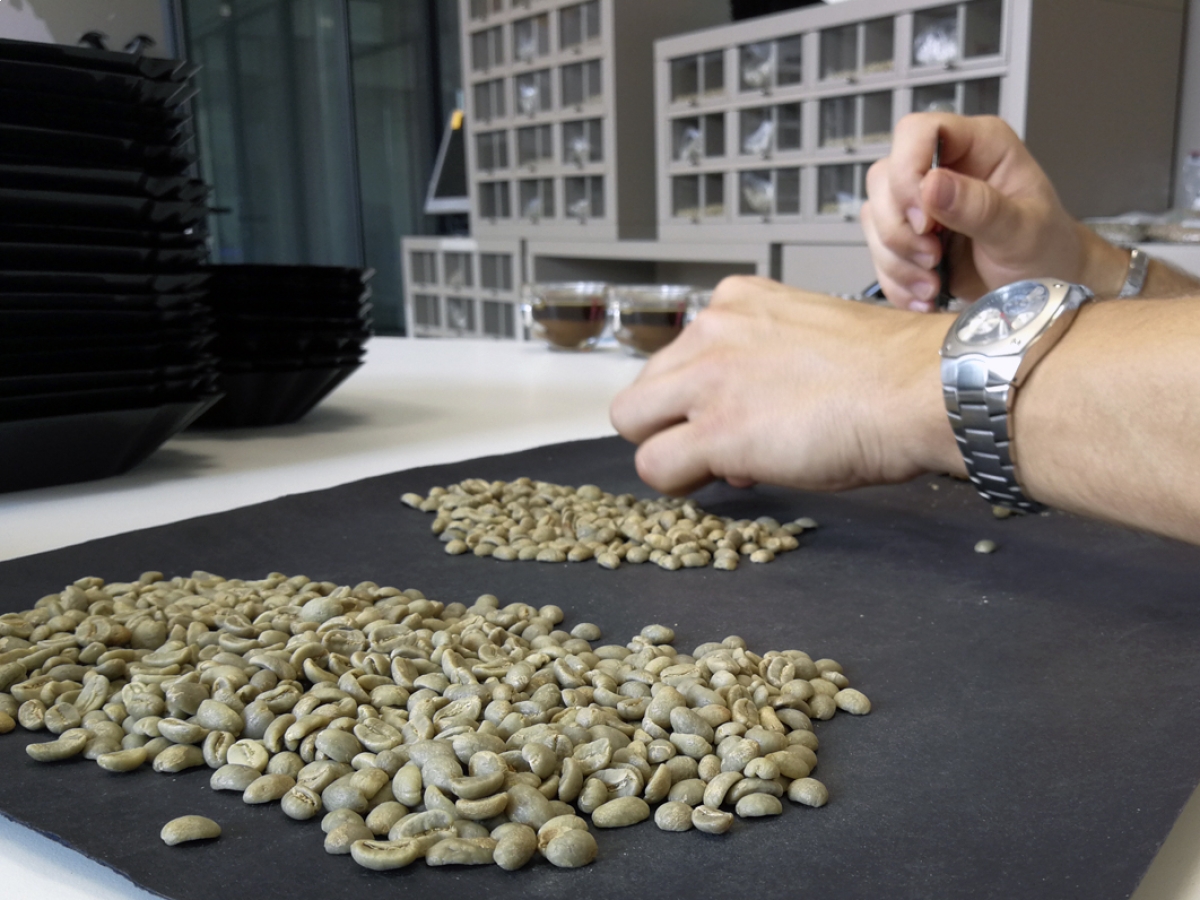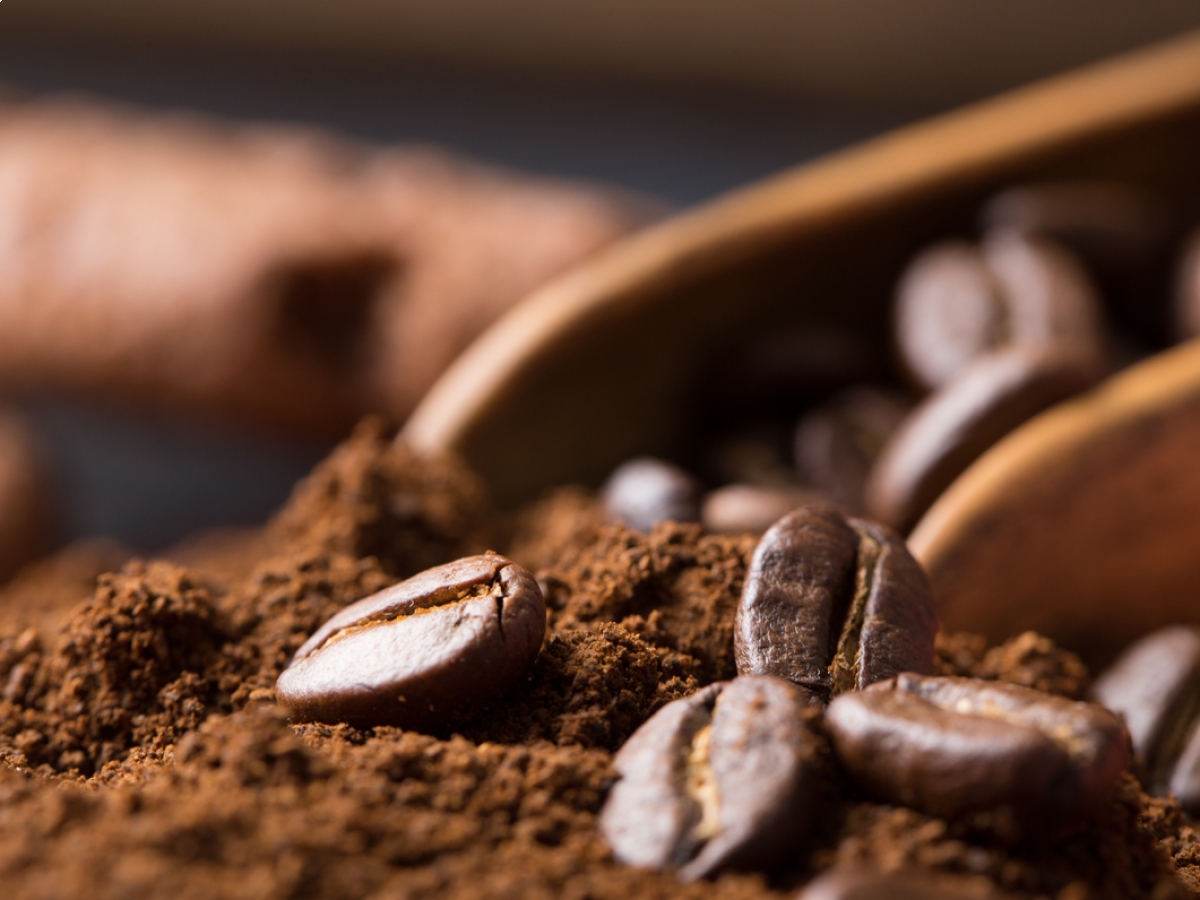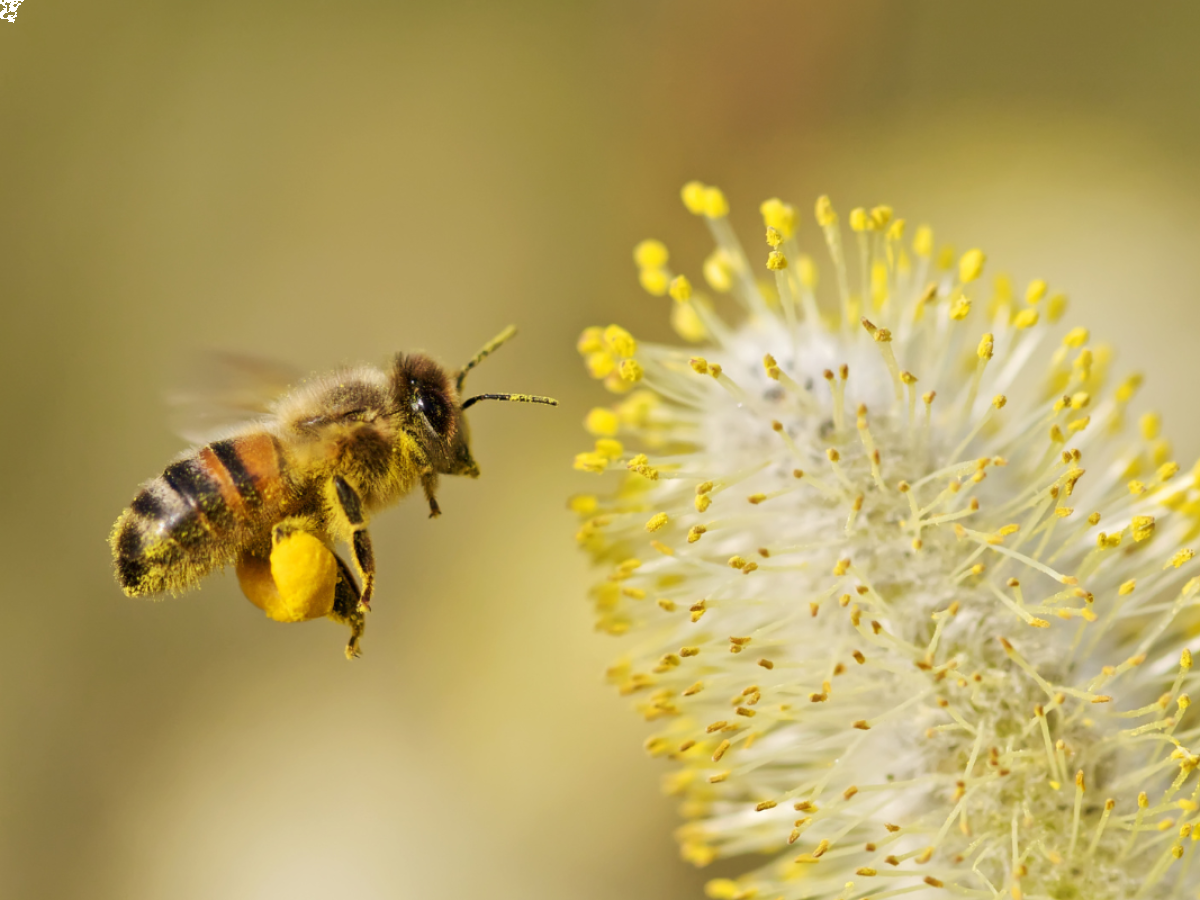
Coffee is a worldwide beloved and consumed beverage, but we often forget how important the role of insects, especially bees, is in its production.
In this article, we will explore the crucial importance of bees in the coffee ecosystem, how their contribution favours coffee bean production and how biodiversity affects the entire industry.
Why bees are also important in the coffee ecosystem
Bees play a key role in increasing coffee production through the process of flower pollination. According to research conducted by the Smithsonian Institute for Tropical Research, in areas where a portion of natural forest remains, bees play an essential role. Pollination by insects, particularly bees, leads to a 7% increase in the weight of coffee berries. This increases to 25% when the plants are pollinated by bees, including non-native types such as European honeybees. It is clear that the presence of insect pollinators is crucial to ensure a healthy and abundant coffee production.
From bees a success for coffee producers and the environment
The coffee harvest has declined significantly, by between 20% and 50%, despite a considerable increase in the cultivated area over the past 41 years. This decrease could be attributed to the disappearance of the natural environments in which coffee pollinators thrive. Insects, particularly bees and birds, provide essential services to the coffee ecosystem, ensuring a balance that directly affects the productivity of plantations. A healthy ecosystem is crucial not only for coffee producers but also for the preservation of the natural environment.
What studies and research say
To test the synergy between different ecosystem services, including insect pollination, researchers from the United States and Costa Rica conducted a study of 30 coffee plantations in South America. By blocking the access of bees and birds to coffee plants through the use of nets and other deterrent tools, the scientists examined four scenarios. The results confirmed the hypothesis that the combination of damage resulting from the absence of both bees and birds is greater than that from the absence of a single type of animal. Under these conditions, plantation productivity decreased by 25%, causing a significant economic loss of USD 1,066 per hectare.
Considering that the coffee industry is valued at around USD 26 billion per year, the enormous economic impact of the ecosystem services provided by biodiversity becomes clear. The conservation of bees and birds therefore becomes not only a necessity for the environment but also a crucial investment for the coffee sector and the global economy. In conclusion, protecting bees means protecting our coffee and our planet.
Related articles
Portioli Express
Home and office shopping
Experience authentic Italian espresso right at home with our premium blends in a variety of formats.
Go to the shop













